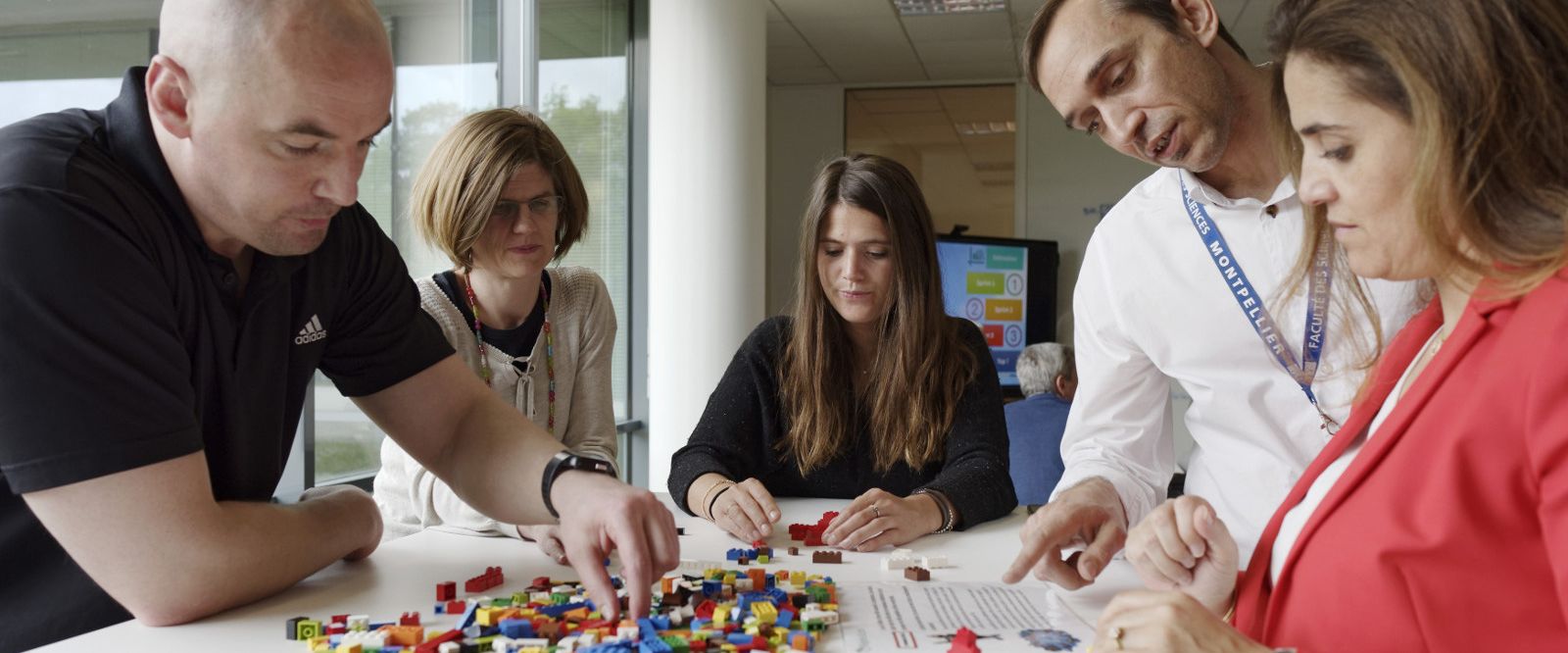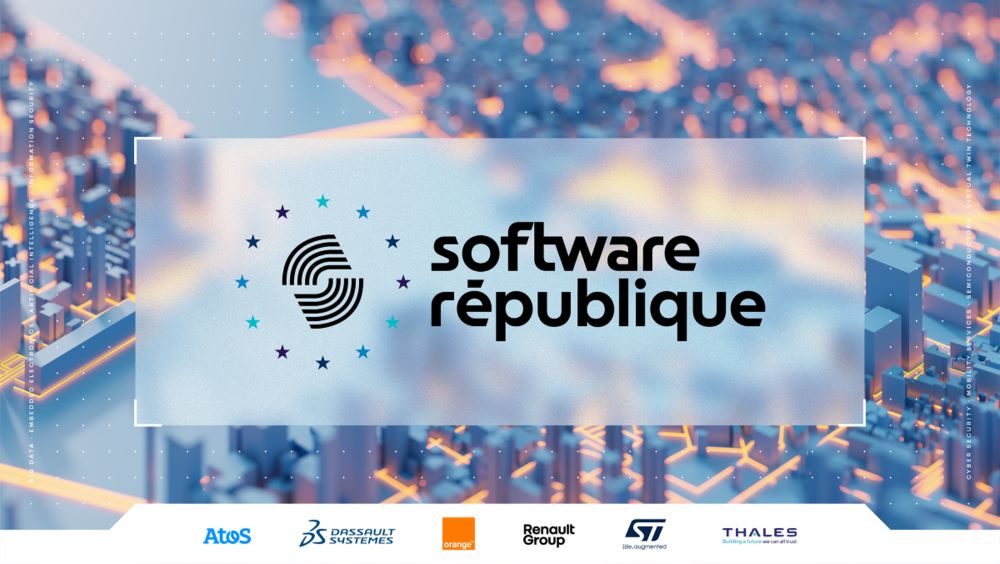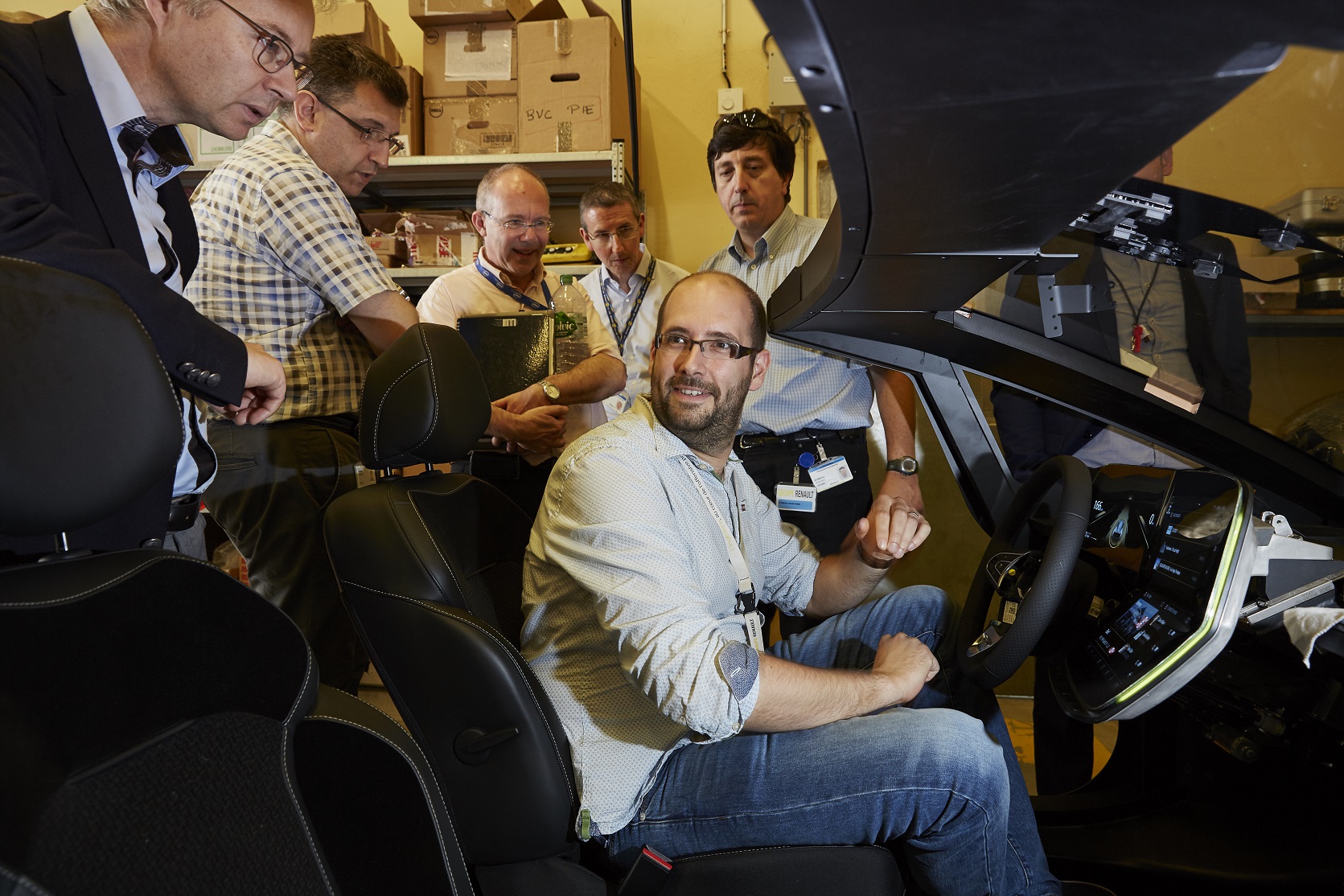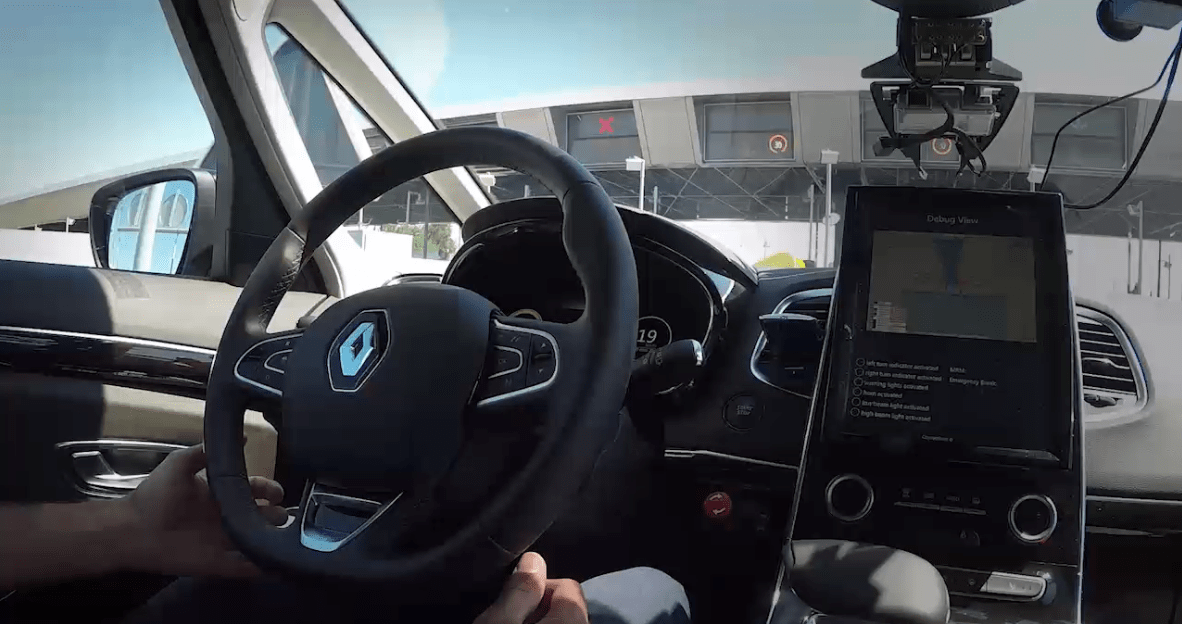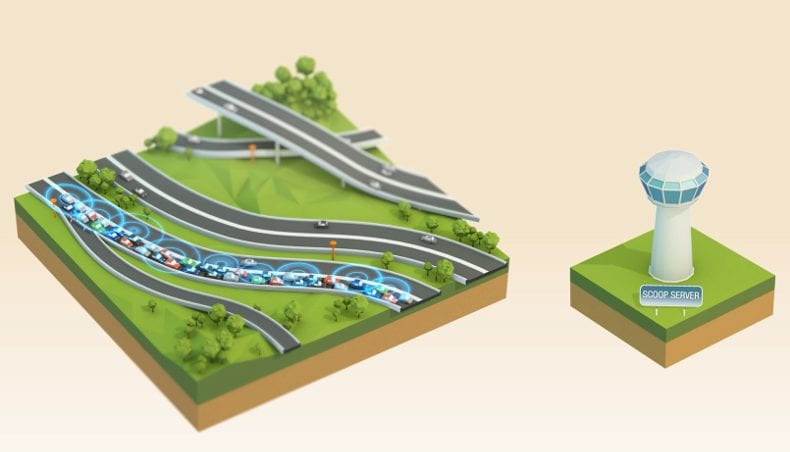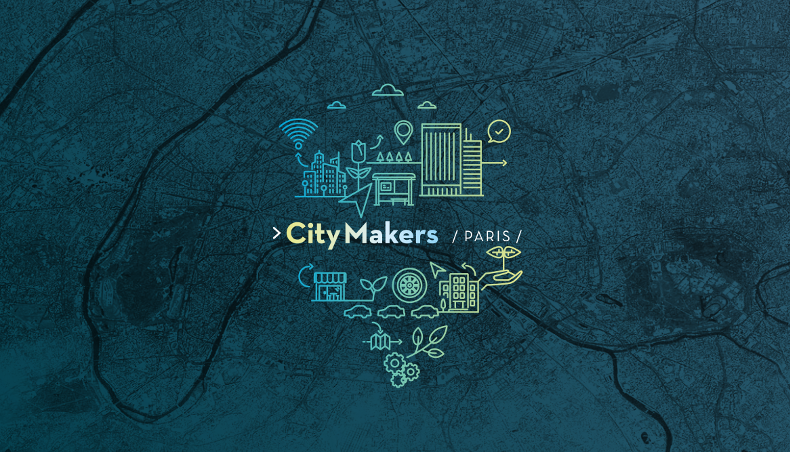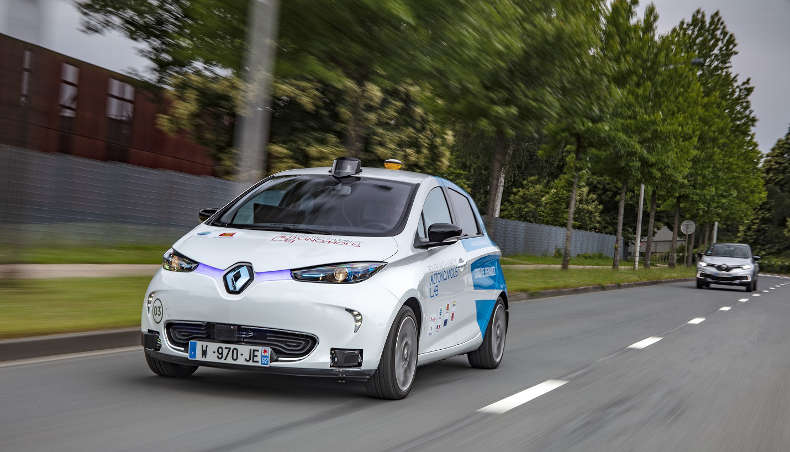

Innovation comes from being open to the world, and creative inspirations come from unexpected places!
Innovation is everyone’s business. The vehicle of the future will come out of a process that combinesin-house creativity,outside collaborations and Renault-Nissan-Mitsubishi synergies. A new approach designed to keep pace with the rise of new technology, new forms of mobility and new customer uses.
Renault Group is always developing more outside collaborations to co-innovate with partners and deliver new services and new mobility solutions to customers. Today, this open innovation also includes start-ups, which are often at the cutting edge when it comes to new ways of developing and boosting innovation.
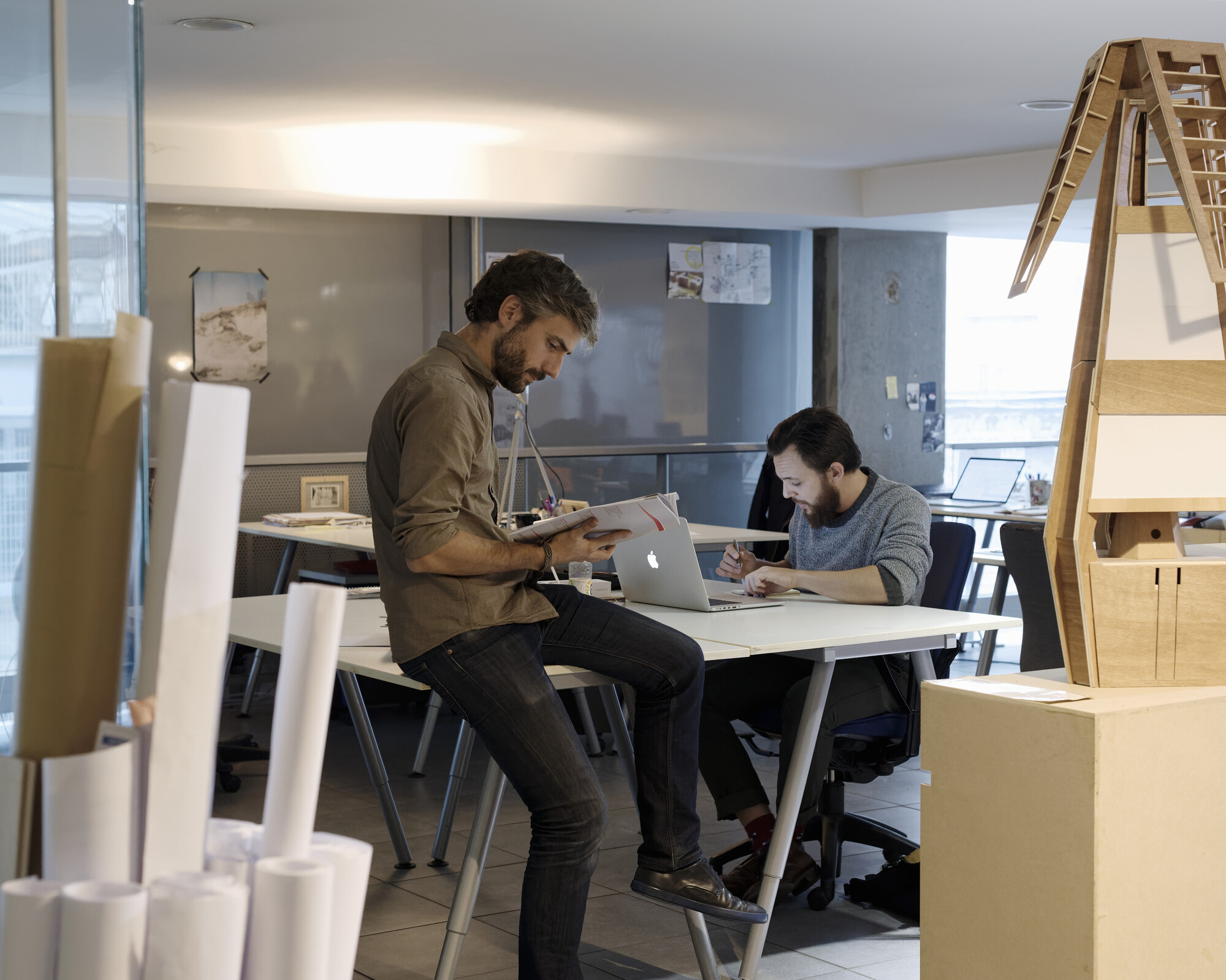
Open Innovation Labs: Where Innovation Lives
In 2011 Renault Group established a foothold in Silicon Valley, where our teams can draw on a diverse ecosystem (made up of universities, start-ups and major companies), take a page out of their book and get inspired by their creativity.
This center for global innovation is tasked with making use of existing opportunities and skills in the region, with a focus on three areas: electric vehicles and their ecosystems, in-vehicle well-being and new services.
Being able to work differently through new technologies and with new scenarios in mind means giving ourselves the means to explore new horizons.
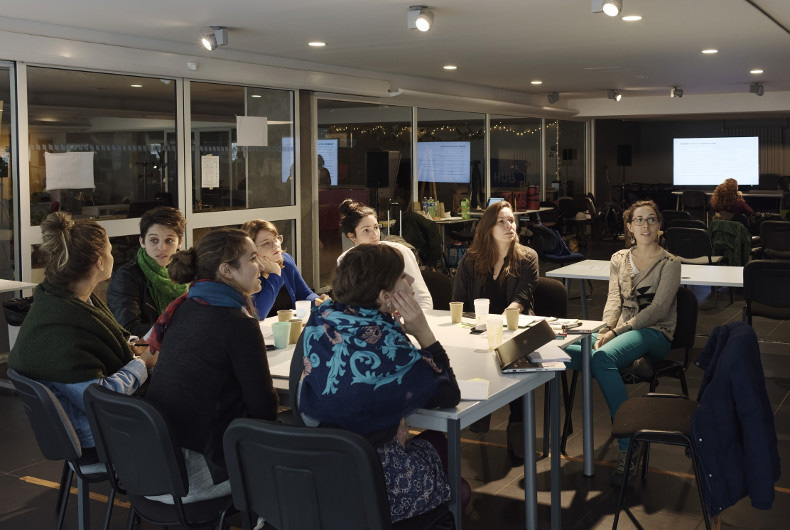
Having gained a foothold in Silicon Valley, Renault Group went on to create two new Alliance Innovation Labs.
The first is in Tel Aviv, Israel, ranked as one of the top five countries with the most conducive ecosystems for start-ups and home to academic research institutions. This site, opened in 2019, aims to promote electric vehicles and foster creativity with a focus on the mobility of the future. It is entirely focused on open innovation, on behalf of the Renault-Nissan-Mitsubishi Alliance. Its activities also include sensors, cybersecurity, connectivity, data and artificial intelligence.
The second is in Shanghai, China. It focuses on research and development of autonomous driving, smart connected vehicles and electrified vehicles. It helps its members, start-ups and Chinese partners to explore and exploit innovation opportunities.
Promote cross-disciplinary discussions by forging stronger ties
After years spent focusing solely on internal-combustion vehicles, the automotive industry is now diversifying. This diversity means that auto manufacturers can no longer expect to possess all the skills and expertise they need to design and develop the vehicles of the future, given that the skills involved are cutting-edge and constantly evolving.
